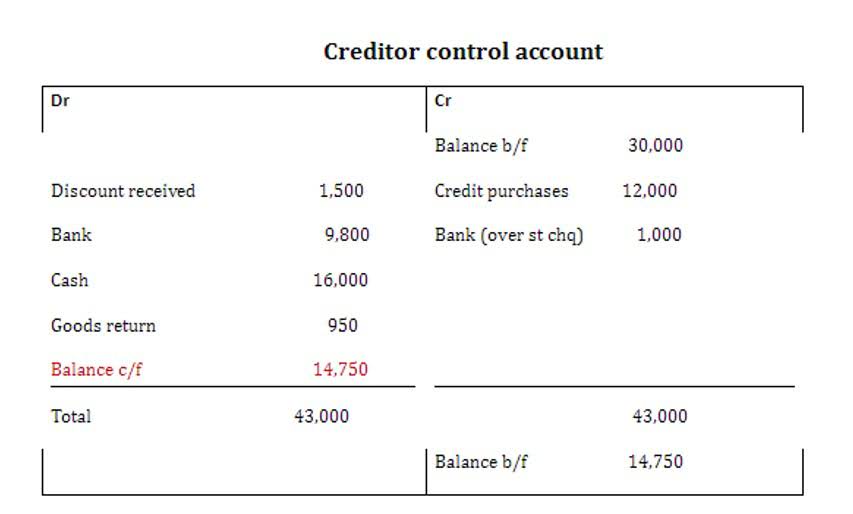Difference Between Internal Audit and External Audit with Comparison Chart

Maintaining organized and well-documented financial records is essential for a smooth audit process. By keeping detailed records of financial transactions, organizations can provide auditors with the necessary evidence to support their financial statements. This not only simplifies the audit process but also instills confidence in the accuracy and reliability of the organization’s financial reporting.
Difference Between Internal Audit and External Audit

Their goal is to accurately assess performance and provide insights that aren’t affected by office politics or other influences within the company. Though, the external auditors may rely on the work of the internal auditors; but they cannot shift their responsibility. If any error or fraud remains undetected; the external auditors will solely be held responsible. How can internal auditors maintain objectivity when they are employees of the organization they’re auditing? When auditors identify significant deficiencies in internal control, they must communicate these in internal audit reports to those charged with governance and management. Their methods include transaction reviews, account reconciliations and third-party confirmations.
- Internal audit is an in-house process that evaluates and improves an organization’s internal controls, risk management, and governance.
- They collaborate with different departments to understand the company’s processes and ensure compliance with laws and regulations.
- External auditors report primarily to the shareholders of the companywhich could range from its owners to the general public.
- Their primary purpose is to express an opinion on the fairness, accuracy, and compliance of the financial statements.
- Audited financial statements are trusted by investors, lenders, and stakeholders, enhancing the organization’s reputation and facilitating access to capital.
- Certifications like Certified Internal Auditor (CIA) or Certified Information Systems Auditor (CISA) highlight their ability to assess internal controls and governance processes.
Reporting Structure

The LiveCube Task Automation includes automated data extraction and period-over-period rollover features, Cash Flow Management for Small Businesses reducing manual intervention and increasing efficiency by 50%. These capabilities allow analysts to focus on critical tasks such as audit preparedness, adjustments, and reporting. Internal audits are audits performed by a company to assess and improve its functions and operations. This is a big challenge for some small entities to engage audit firms to audit their financial statements.
What are the features of Internal Audit?
By providing insights and recommendations, they enable the organization to streamline processes, reduce costs, and improve operational effectiveness. BMS has a highly qualified and experienced team who has intense expertise in both internal and external audits. The team provides incomparable services related to internal and external audits based on the requirements. The main report is in a format required by the Auditing Standards andfocuses on whether the financials give a true and fair view and comply withlegal requirements. External auditors’ reports are placed in the public domainvia the annual financial statements required to be filed in the UK with theregistrar of Companies. External auditors, on the other hand, internal vs external audit may review the effectiveness of the organization’s AML/CFT program as part of their audit procedures.
- They conduct regular audits to assess compliance with policies, procedures, and regulations, helping to identify areas for improvement and enhance operational efficiency.
- Let us move ahead and find out the “internal auditor and external audit difference”.
- This collaboration allows for the optimization of audit resources and enhances the efficiency of the external audit process.
- A third party or independent auditor, called external auditor, is appointed to carry out the process of audit and give an unbiased opinion on the financial statements and records of the company.
- Internal audits encompass a broad range of organizational functions, including financial operations, compliance, operational efficiency and risk management.
- External audit fees may vary based on the complexity of the organization’s operations, industry regulations, and the scope of audit services provided.
- External IT audits, on the other hand, bring a fresh perspective to the audit process and are not biased by internal politics or relationships.
- Internal auditors utilize their knowledge and expertise in laws, industry regulations, and company rules and policies to detect possible issues of non-compliance, misuse of funds, and related issues in a business.
Internal auditors play a vital role in helping organizations achieve their cash flow objectives by evaluating and improving the effectiveness of risk management, control, and governance processes. Their independence allows them to objectively assess the organization’s operations and provide valuable recommendations for enhancing efficiency and mitigating risks. Since they are conducted by third-party auditors who are not involved in the company’s operations, their reports provide an objective opinion on the financial accuracy and compliance of the company. This increases credibility with external stakeholders, such as investors and regulators. Unlike external audits, which focus on financial statement accuracy for stakeholders, internal audits provide ongoing evaluations of internal processes.






